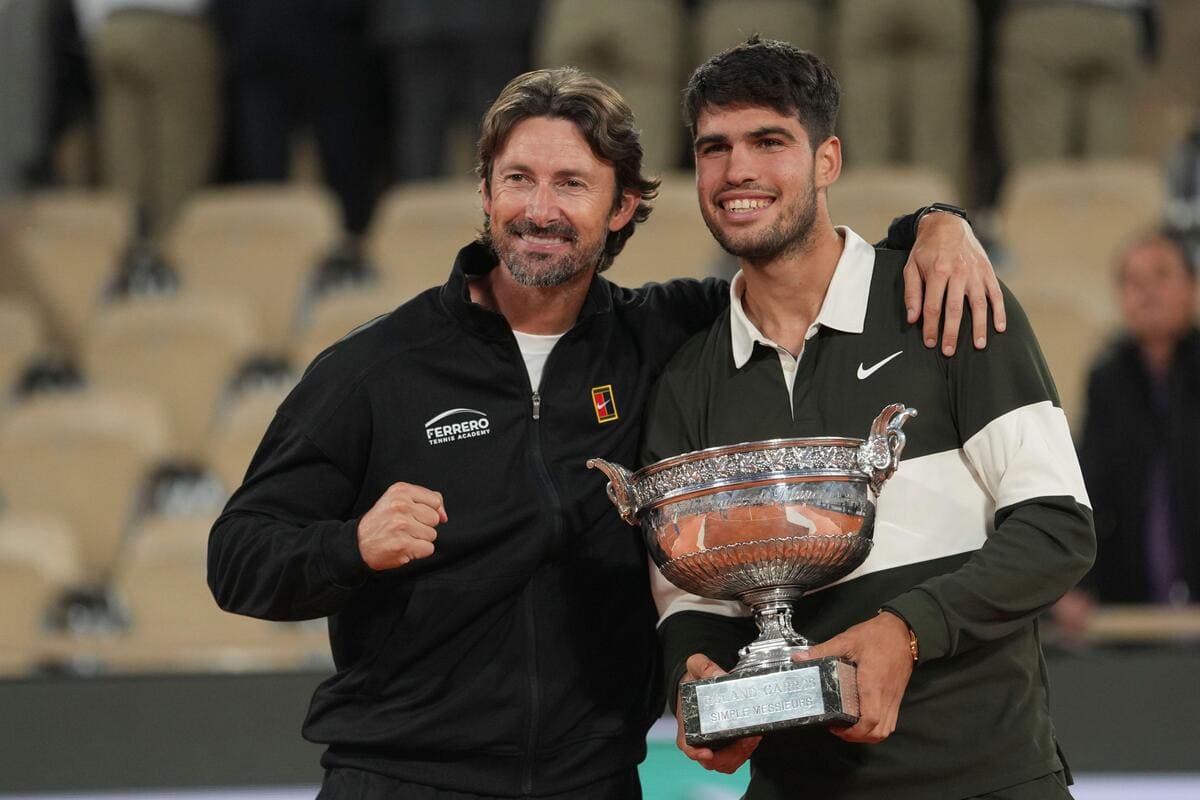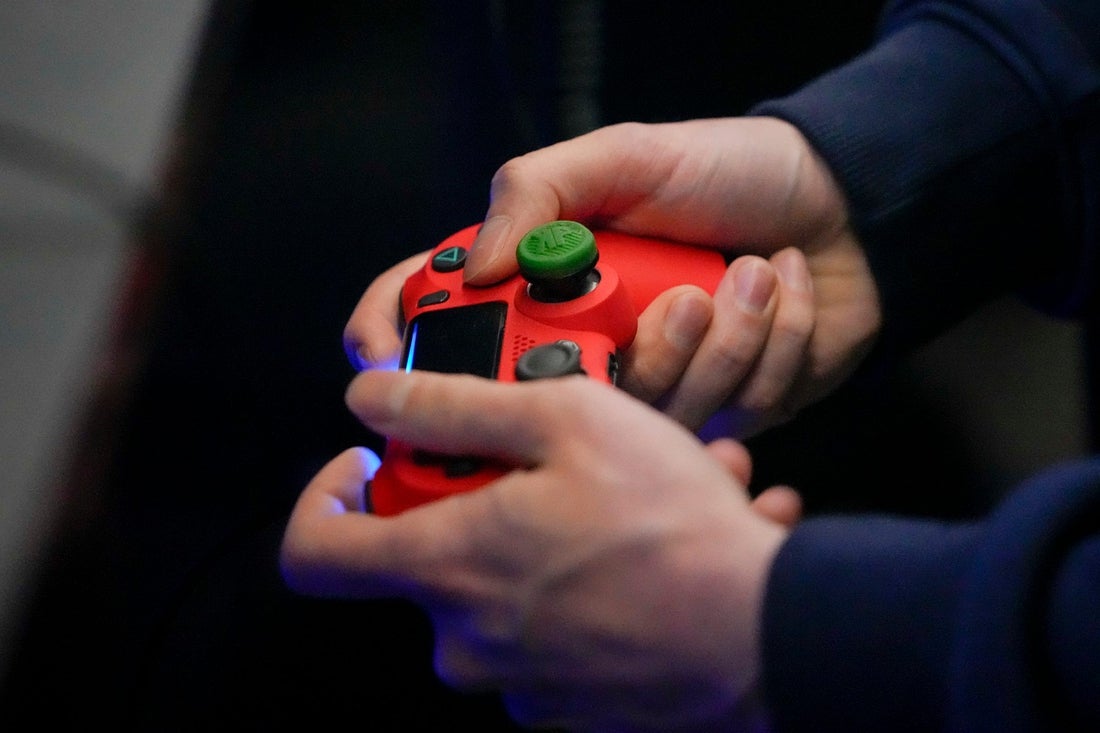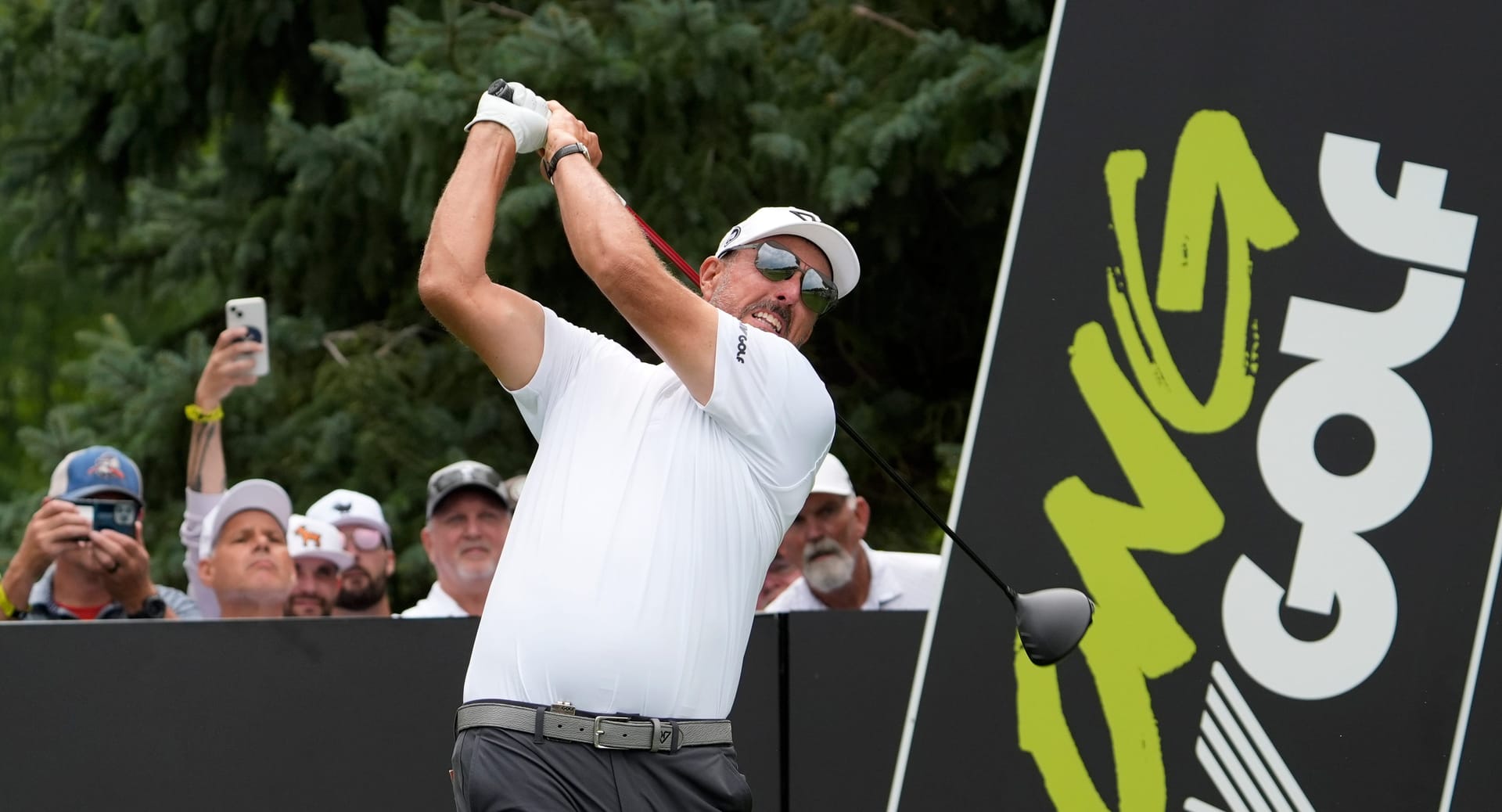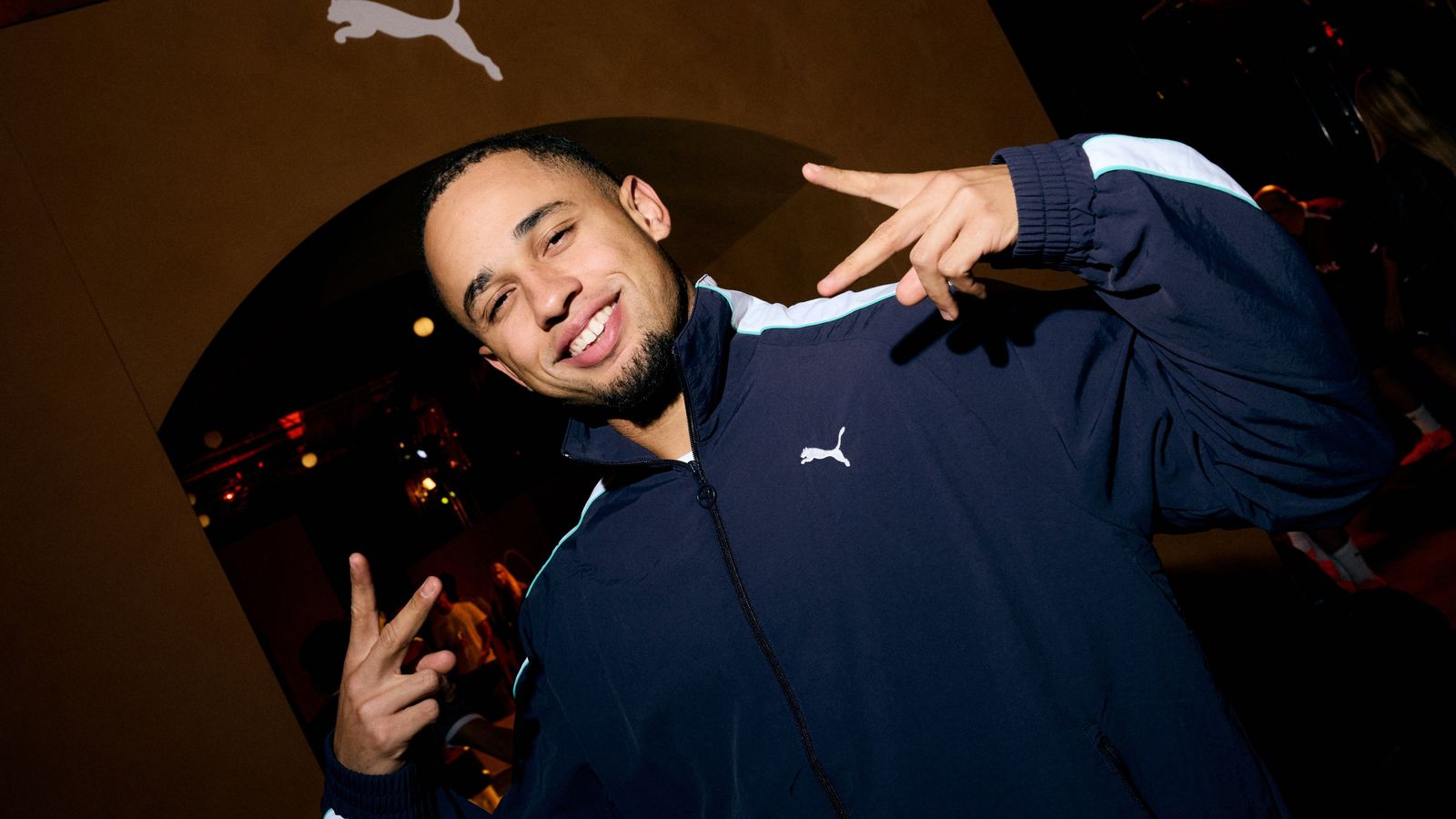Buddy Teevens, who had more victories than any coach in Dartmouth College football history, and who became a nationally recognized innovator in player safety when he eliminated tackling during practices to limit the incidence of concussions, died on Tuesday in Boston. He was 66.
His death, at a hospital, was announced by Dartmouth on its website. The cause was complications of the injuries he sustained in a bicycling accident six months ago.
Mr. Teevens was bicycling with his wife, Kirsten (Anderson) Teevens, on March 16 in St. Augustine, Fla., near one of their homes, when he was hit by a pickup truck. He suffered spinal cord damage, and his right leg was amputated. He was not wearing a helmet, according to a police report.
When Mr. Teevens was a student at Dartmouth, he led the Big Green to the Ivy League championship as quarterback in 1978. And over 22 seasons as the team’s football coach, he had a record of 117-101-2 and guided it to five conference titles, most recently in 2021.
In 2010, with concussive trauma to football players becoming a health crisis in the sport, Mr. Teevens eliminated tackling in practices, in recognition of research that showed most concussions did not occur during games.
Contrary to concerns from Mr. Teevens’s peers that players would lose their edge if there was no tackling in practice, he said, they sharpened their skills.
“It hasn’t hurt our level of play,” he told The New York Times in 2016. “It’s actually made us a better team.”
Concussions fell to a handful. Missed tackles dropped. And the Big Green went 6-4 in 2010, a vast improvement over its records of 0-10 in 2008 and 2-8 in 2009.
Mr. Teevens augmented the ban on tackling in 2015 with the Mobile Virtual Player, a remote-controlled robotic tackling dummy that he developed with Dartmouth’s Thayer School of Engineering.
The robotic dummy can move at nearly 20 miles an hour and can mimic a player by weaving, cutting, and stopping and starting on a field. It lets coaches teach proper tackling techniques without exposing players to physical contact with other players.
“When I came up with the idea, my staff thought I was nuts,” Mr. Teevens told N.F.L.com in 2016.
Soon, however, about half the teams in the N.F.L. were using the device. Mr. Teevens, who is one of five holders of the patent on the “mobile device which simulates player movement,” was chairman of MVP Robotics, the maker of the robotic dummy, which won an award from the N.FL. in 2017 for innovation in athlete safety and performance.
Eugene Francis Teevens III was born on Oct. 1, 1956, in Pembroke, Mass., a suburb of Boston. His father, Eugene Francis Teevens II, was a manager of Pittsburgh Plate Glass and a graduate of Dartmouth. His mother, Mary (Horn) Teevens, was a homemaker.
He was Dartmouth’s quarterback from 1975 to 1978, when the team’s 6-1 conference record earned it the Ivy League title. He also played ice hockey. He graduated in 1979 with a bachelor’s degree in history.
He began his coaching career as the offensive backfield coach at DePauw University in Indiana and later was named offensive coordinator at Boston University. He became the head coach at the University of Maine in 1985, but after two seasons, when the school had a 13-9 record, he returned to Dartmouth as its head coach.
He left after five successful seasons, which included two Ivy League titles, to coach at Tulane University in New Orleans. But his 11-45 record there led to his dismissal in 1996. He spent the next five seasons as an assistant at the University of Illinois and the University of Florida.
He returned to head coaching at Stanford in 2002, but he had no more success there than he had at Tulane: The team went 10-23 in three seasons, and he was fired. In early 2005, Dartmouth rehired him as head coach.
He had losing records in each of his first five seasons back with the Big Green. But with better recruiting, stronger assistant coaches and the ban on tackling, Dartmouth had only two losing seasons in its last 11 years under Mr. Teevens. He said that ending tackling in practice helped him recruit, because parents were worried about their sons getting hit too much.
His campaign to ban tackling was copied by the rest of the Ivy League during the regular season. But the other schools still allowed tackling during spring and preseason practices.
Terry O’Neil, the founder of Practice Like Pros, a group that advocates reducing collisions in youth football, said that Mr. Teevens’s ban on tackling made him something of a unicorn.
“He’s the only coach in pro or college football — some high school coaches have followed his lead — to never tackle at any time in the full calendar,” Mr. O’Neil said by phone, referring to Division I colleges. “It’s an extraordinary regimen.”
But there was at least one college coach whose anti-tackling rule preceded Mr. Teevens’s. In 64 years of college coaching, including 60 at Saint John’s University, a Division III school in Collegeville, Minn., John Gagliardi did not allow tackling in practices. He also won more games than any college coach.
Mr. Teevens was also known for hiring two women who have gone on to jobs in the N.F.L. In 2018, Callie Brownson became the first full-time assistant in Division I college football when she was hired as Dartmouth’s offensive quality control coach. When she left, Mr. Teevens hired Jennifer King to replace her. Ms. Brownson is now the assistant wide receivers coach for the Cleveland Browns, and Ms. King is the assistant running backs coach of the Washington Commanders.
“He gave me my first big chance to chase a dream I had forever,” Ms. Brownson, said in a tribute to Mr. Teevens on the Dartmouth football website, adding that “he chose to do the right thing, and it changed my life forever.”
Mr. Teevens is survived by his mother; his wife; his daughter, Lindsay Knittle; his son, Eugene IV; four grandchildren; his sisters, Deborah Teevens-Gangl, Moira Nobili and Tara Manne; and his brothers, Scott, Shaun, Christopher, Kevin and Tim.
In 2016, after the Ivy League voted on a tackling ban, Mr. Teevens testified at a hearing on concussions in youth sports held by the House Subcommittee on Oversight and Investigations.
“Unless we change the way we coach,” he said, “we won’t have a sport to coach.”
















